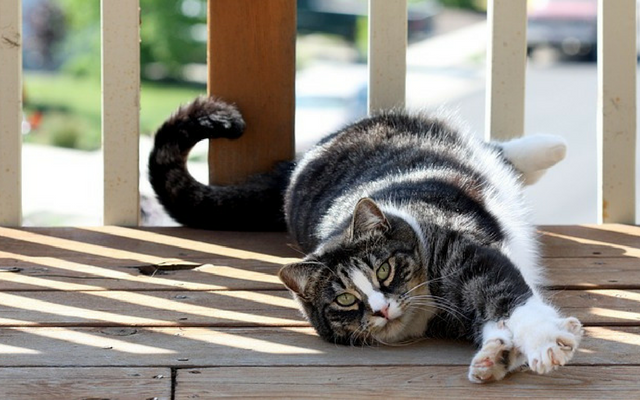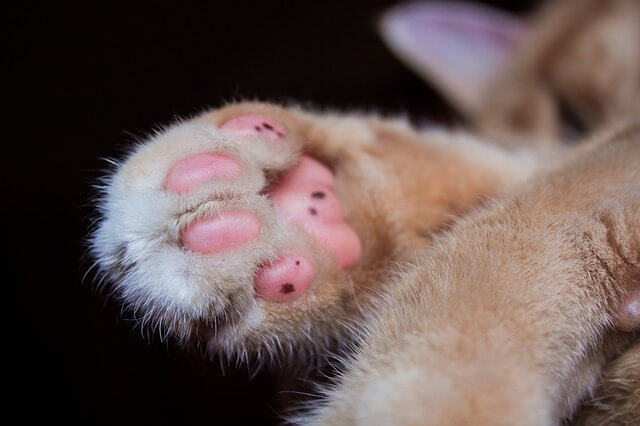For the first time outside California, a city has come together to recognize the harmful effects of declawing cats. City officials in Denver voted on Nov. 13 to approve a bill to ban declawing cats, and the new law is already in effect. Animal advocates throughout the city and the rest of the country are congratulating Denver for taking a step in the right direction.
Declawing, also called onychectomy, does more than remove the potentially pointy parts of a cat’s claws. It’s an operation that surgically removes the last bone of each of a cat’s toes. The tendons, nerves, and ligaments are severed, and the function of the paw is irreversibly altered. It’s similar to a person having the tips of their fingers amputated at the top knuckle.
Cat owners choose to declaw their cats for a number of reasons, and many don’t realize the pain it causes. A declawed cat has to relearn how to use their paws, and the trauma from the surgery causes long-term pain. Removing the claws changes the way the foot meets the ground and each step sends pangs of pain throughout the paw and up the leg. It’s like walking in a pair of shoes that are several sizes too small for the rest of your life.
Many cats who lose their claws suffer their entire lifetimes. Living with constant pain makes them upset and irritable and often leads to behavioral problems. Some lose their friendly personalities and start lashing out at their owners. Others slip into depression while refusing to use the litter box.
Animal advocates have been fighting against declawing cats for years, and the official ban in Denver is evidence that their message is spreading. The Mile-High City joins San Francisco, Santa Monica, Beverly Hills, Los Angeles, Burbank, Berkeley, and West Hollywood (all in California) in putting the well-being of the animal above that of a pet owner’s furniture. Law makers hope other cities follow their lead.



